The best pedal exercisers to keep your legs moving while sitting
| 1 |
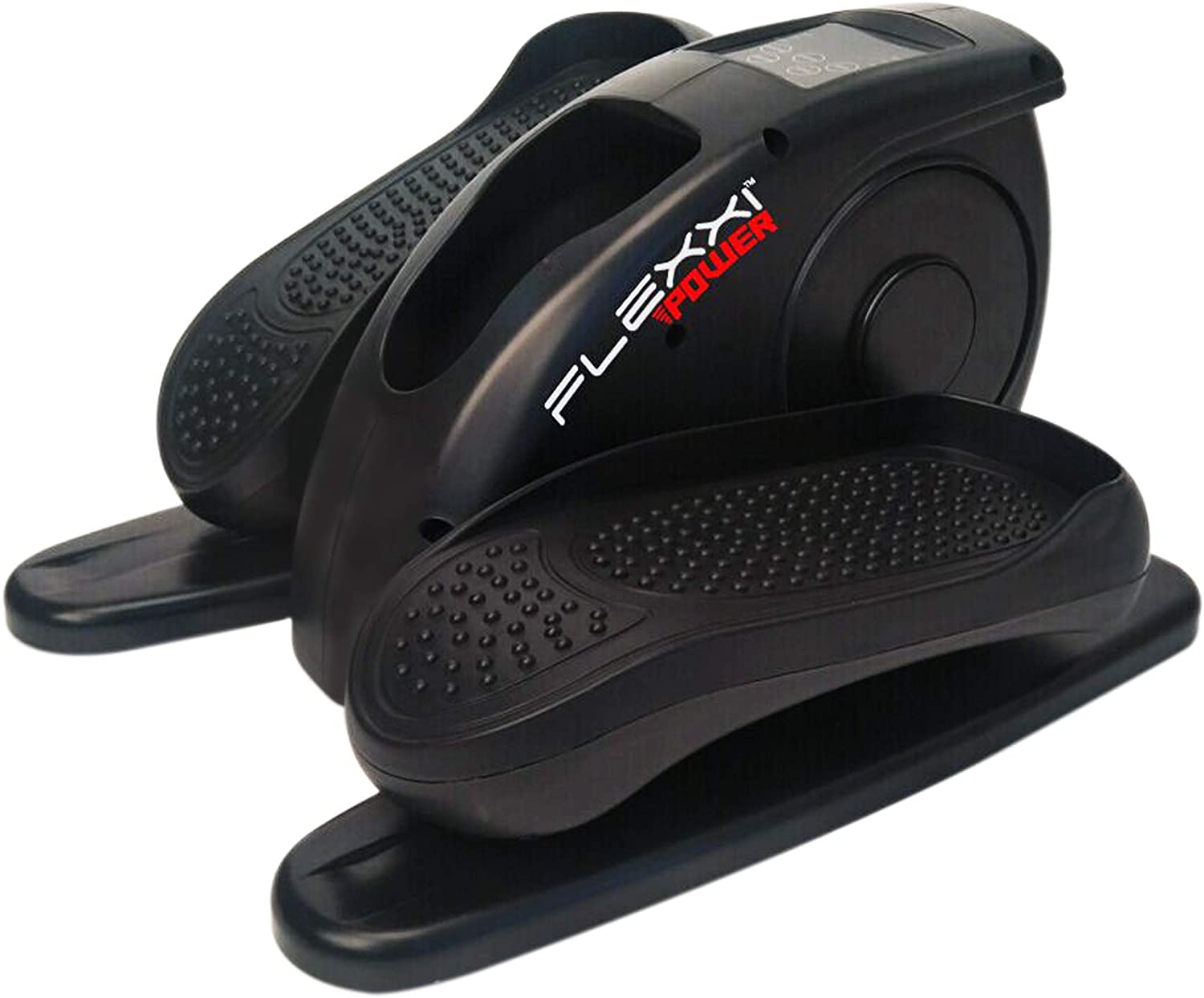
|
FLEXXI Power Electrical Motorised Elliptical Cycle | Price: ££ | Check it out | |
| 2 |
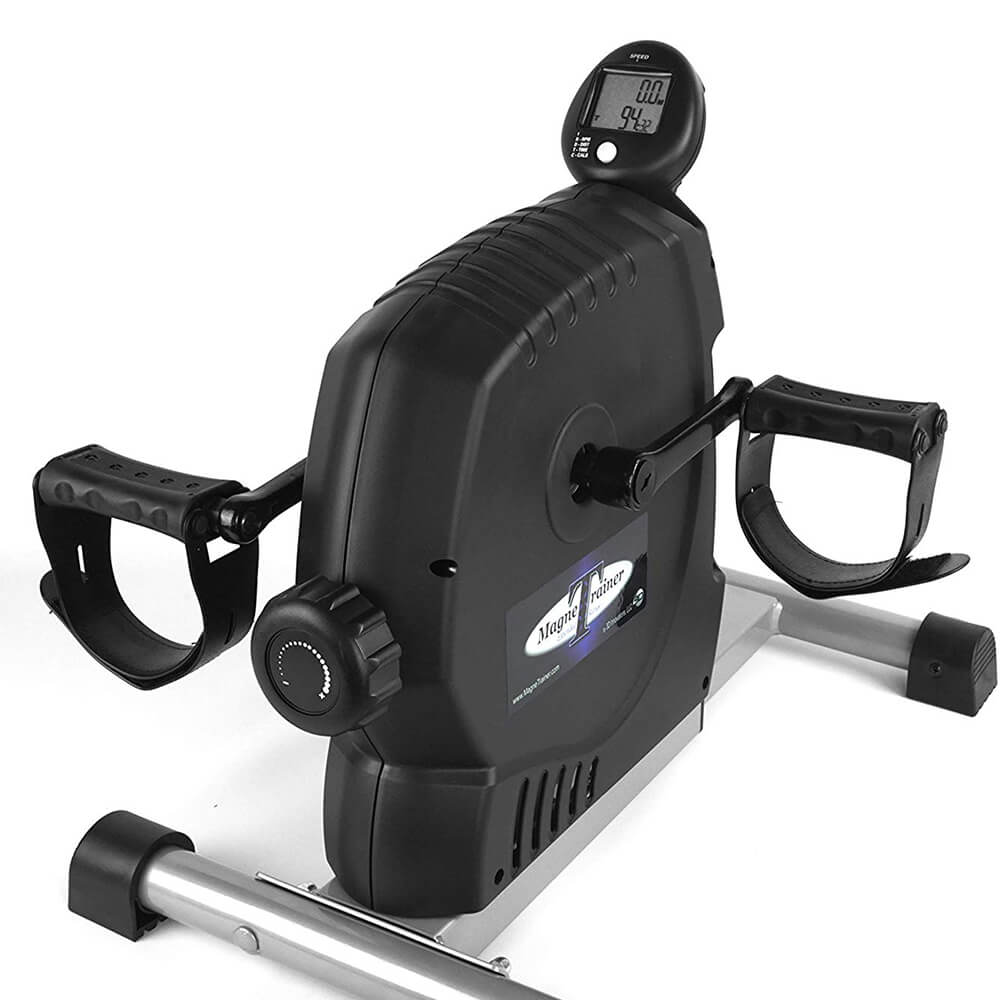
|
MagneTrainer ER Magnetic Pedal Exerciser | Price: £££ | Check it out | |
| 3 |
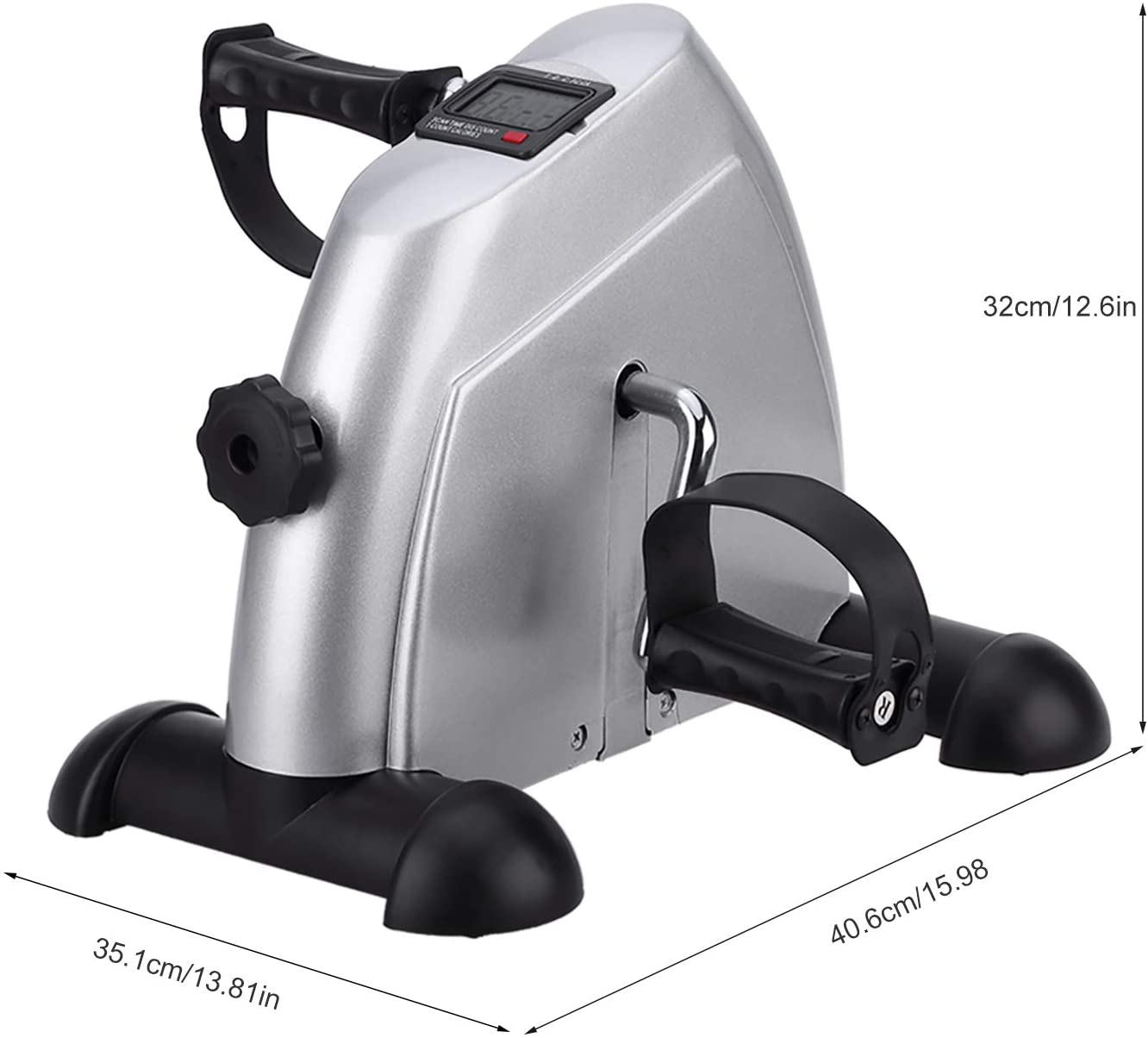
|
AGM Mini Bike, Mini Exercise Bike | Price: £ | Check it out | |
| 4 |
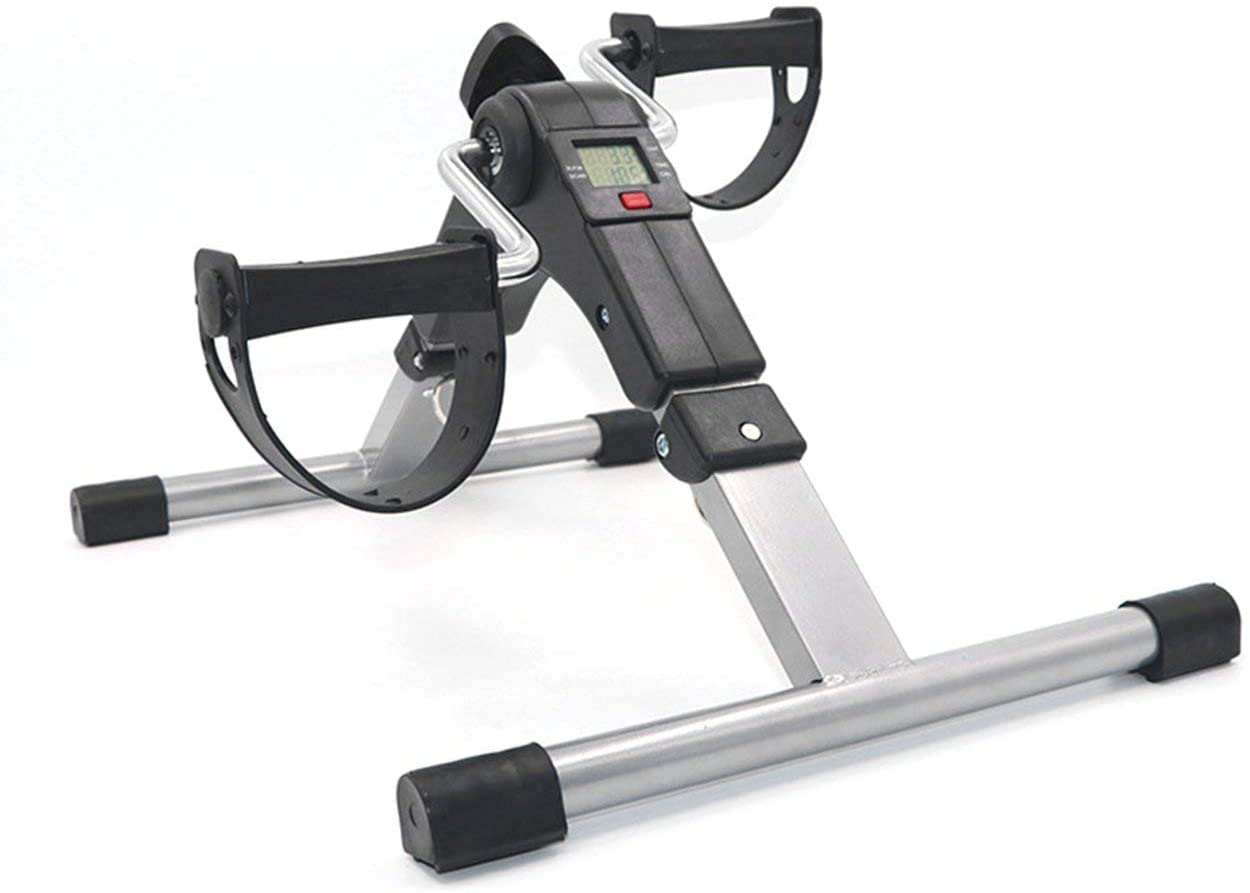
|
Elviray Practical Leg Exerciser Budget Option | Price: £ | Check it out |
Keeping active is important for everyone who is able. The benefits of regular movement, aerobic exercise and strength building for the body and mind are huge. A pedal exerciser is a fantastic way to begin and then progress a fitness programme that suits your body’s needs.
The best pedal exerciser for you – our top picks
What is the best pedal exerciser? The one which suits you, your body and your home! Here’s a list of our favorites.
FLEXXI Power Electrical Motorised Elliptical Cycle
Fantastic motorised pedaler with variable speeds. It will give your legs and knees a good workout. Ideal after a knee replacement surgery.
Pros
- 5-speed settings
- Digital display – to keep track of your exercise – time, distance, speed & calories burned.
- Comes with a remote
- The unique sole provide a nice foot massage
- Stylish design
- Small enough for use under desks.
MagneTrainer ER Magnetic Pedal Exerciser
This pedaler is another great choice. It offers smooth movements and a higher resistance setting than other models. Perfect if you’re looking for a more intense exercise session.
Pros
- Compact and lightweight
- Manual exerciser
- Adjustable resistance for progressive fitness
- Can be used for both arms and legs
- Sturdy and robust construction
- Works with magnets so delivers very smooth movements
- A much higher level of resistance than other magnetic pedal exercisers
- Adjustable Velcro foot straps.
AGM Mini Exercise Bike
Great for upper and lower body workouts. It’s a great all rounder for a decent price.
Pros
- 12 resistance levels
- Lightweight and compact
- Small enough for use under desks.
- Multifunction easy to read digital display – time, distance cycled, revolutions turned, calories burned
Elviray Practical Leg Exerciser
Perfect for smaller budget and smaller space. Compact with a digital display and adjustable resistance
Pros
- Low impact exerciser that is great for rehabilitation
- Use from a seated position
- Digital display tells you the time exercised, how many cycles you have done and how many calories have been burnt
- Adjustable resistance for progressive fitness
- Folds up easily and is compact for storage
- Small enough for transportation in a car boot
- Pedals come with adjustable toe straps.
The benefits of a pedal exerciser
What does a pedal exerciser do?
A pedal exerciser will provide low impact, progressive exercise for your legs and arms. They are mainly designed to be used from a seated position though some can be used when laying down.
Pedal exercisers are a great fitness and rehabilitation tool for people with mobility issues or who are recovering from illness or injury.
What are pedal exercisers good for?
- Circulation issues. Using a pedal exerciser regularly will increase the blood circulation around your body.
- Strength. After an injury or operation muscles can become weak and/or sedentary. Getting your arms and legs moving again with a pedal exerciser will slowly and gently strengthen those muscles.
- Ongoing mobility issues. Do you find it hard to move your arms or legs? Do you have difficulty walking? Using a pedal exerciser from a seated position will maintain strength and circulation.
- General rehabilitation. A pedal exerciser is simply a great value, compact and effective way of increasing your fitness.
- Losing fat. A pedal exerciser will help you burn calories as you sit and watch TV or listen to the radio. They are a fantastic weight loss tool for those who struggle with fitness due to injury, age or illness.
- Cardiovascular fitness. Whether it be a gentle pedal over a long time or a short or fast burst of energy, a pedal exerciser is a great form of cardio and will improve your heart’s health.
- Joint mobility. The joints of your body need to move regularly to avoid become stiff. A pedal exerciser is a gentle, controllable and low impact way of keeping your arm and leg joints moving freely.
- Mental health. Exercise and the endorphins produced can help with depression, anxiety and low mood.
How many calories does a pedal exerciser burn?
Many pedal exercisers will have a digital display with the time, pedal revolutions and the calories burned recorded on it.
The number of calories burnt will depend on the time the user has been exercising and the resistance and/or speed the machine has been set at.
Increasing the resistance will make the pedals harder to push and this will mean more calories will have been burnt with the extra effort.
If your pedal exerciser is motorised, then a higher speed will make your legs or arms move faster, this will burn more calories.
The calories burnt shouldn’t be the focus until strength, fitness and mobility have increased. Only then should they become a consideration and then, to put it bluntly, the more time and effort you put in, the more calories you will burn.
How effective is a pedal exerciser?
They are recommended by consultants, doctors, nurses, occupational therapists and fitness professionals.
Start slowly and increase time, speed and resistance at your own pace. Once a level of confidence has been reached then the effectiveness of your pedal exerciser depends on you maintaining the habit and increasing your efforts once it becomes easier.
What muscles does a pedal exerciser work?
A foot pedal exerciser will rotate forwards and backwards so that a variety of muscles will be exercised in one workout.
The muscles in the lower body including glutes, hamstrings, calves, quadriceps and hip flexors.
The upper body muscles used; shoulders, triceps, biceps and forearms.
Are pedal exercisers worth it?
They are relatively low cost, easy to use, compact and highly effective and so yes they are definitely worth the investment.
How to use a pedal exerciser
How to assemble a pedal exerciser
The vast majority of pedal exercisers come in a box and are ready to go. The resistance dial may need attaching but this should be simple to do if you follow the instructions.
Resistance and speed settings
Start slowly and gently. As the movements of your arms and legs against the pedals become easier, increase the resistance and speed to progress your efforts and fitness levels.
Rotation of the pedals
Cycle your legs and arms both backwards and forwards to exercise all muscles.
Pedal exerciser with digital display
The more sophisticated models of pedal exerciser will have a digital display that may need programming with your statistics so that it can work out accurately how many calories you have burnt.
Monitoring your progress is important. Increases in time exercising, higher resistance or speed settings and large amounts of calories burnt are achievements that should be celebrated. It is wonderfully motivating to see your fitness improving.
Do you have a pacemaker?
If you have a pacemaker avoid the pedal exercisers which use magnets. The magnetic force can disrupt the functionality of your pacemaker. If in doubt check with the relevant health professionals.
Types of pedal exerciser
Portable pedal exerciser
Compact, easy to fold and lightweight. They will be manually operated and have a small digital display.
Mini pedal exerciser
Small and perfect for exercising your arms or for your legs when sitting at a table or desk.
Seated pedal exerciser
All pedal exercisers can be used while sitting down and is the reason that they are a useful and effective form of exercise for all. For an elderly person, an armchair pedal exerciser is a fantastic tool for joint mobility, good circulation, muscle tone and heart health.
Floor pedal exerciser
Some models of pedal exerciser can be used from a laying down position as well as seated. This feature is particularly useful for people who are bed-bound or have issues with back and core strength.
Magnetic pedal exerciser
This style of pedal exerciser uses magnets in the flywheel. This reduces the amount of moving parts and the friction produced is decreased. For a smooth, judder-free movement this is the type of exerciser to go for. *Note – avoid if you have a pacemaker*
Motorised pedal exerciser
These are most suited to people who have a good level of mobility. The pedals run automatically so the machine sets the pace depending on the speed setting you have selected. If you are recovering from an operation or illness and previously had a good level of fitness, a motorised pedal exerciser could be a good option for you. Just make sure you start at the lowest speed setting.
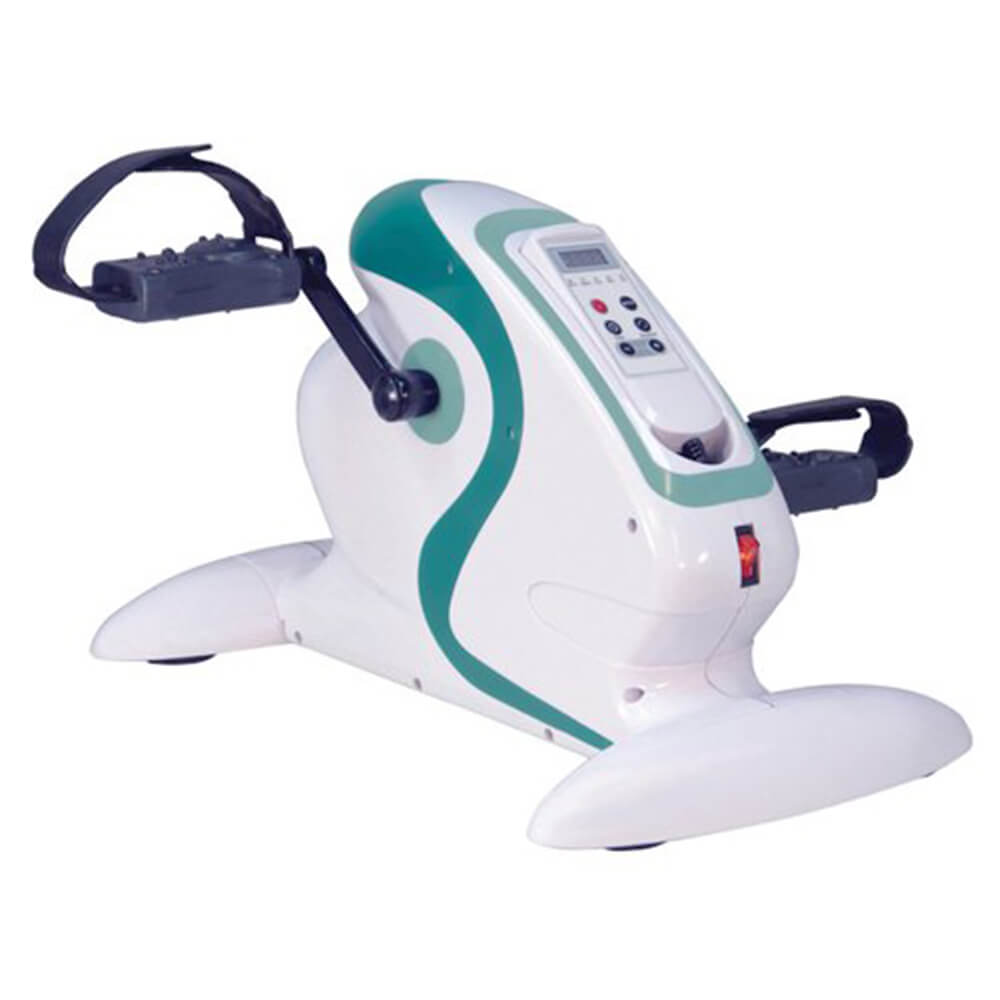
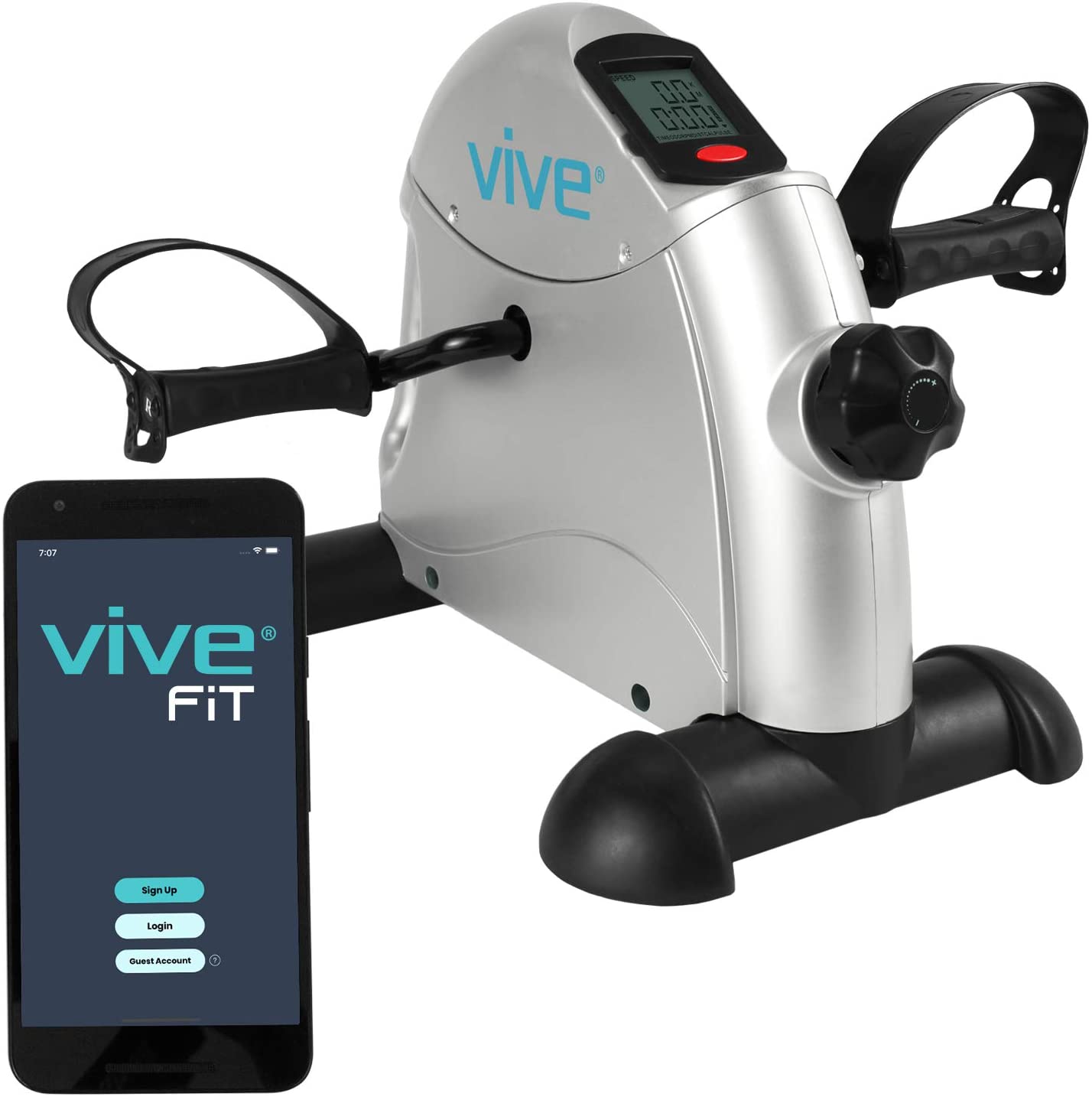
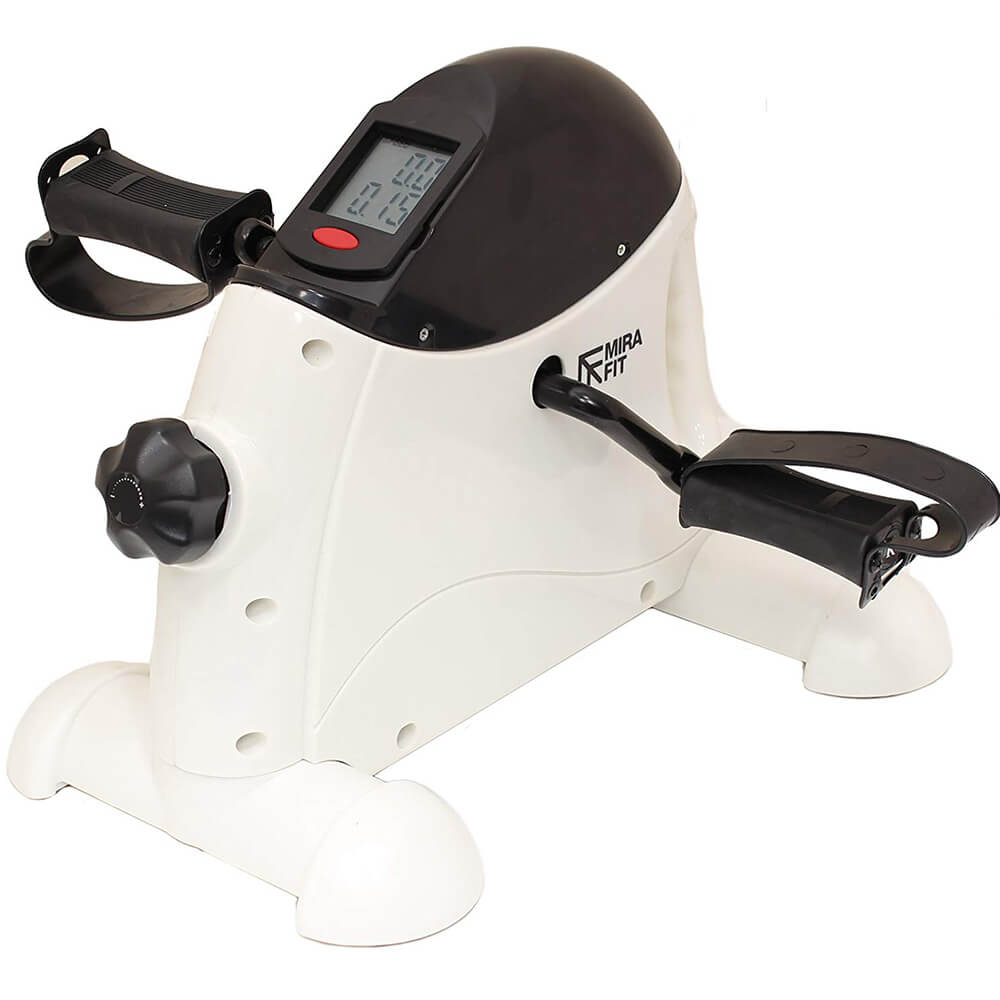
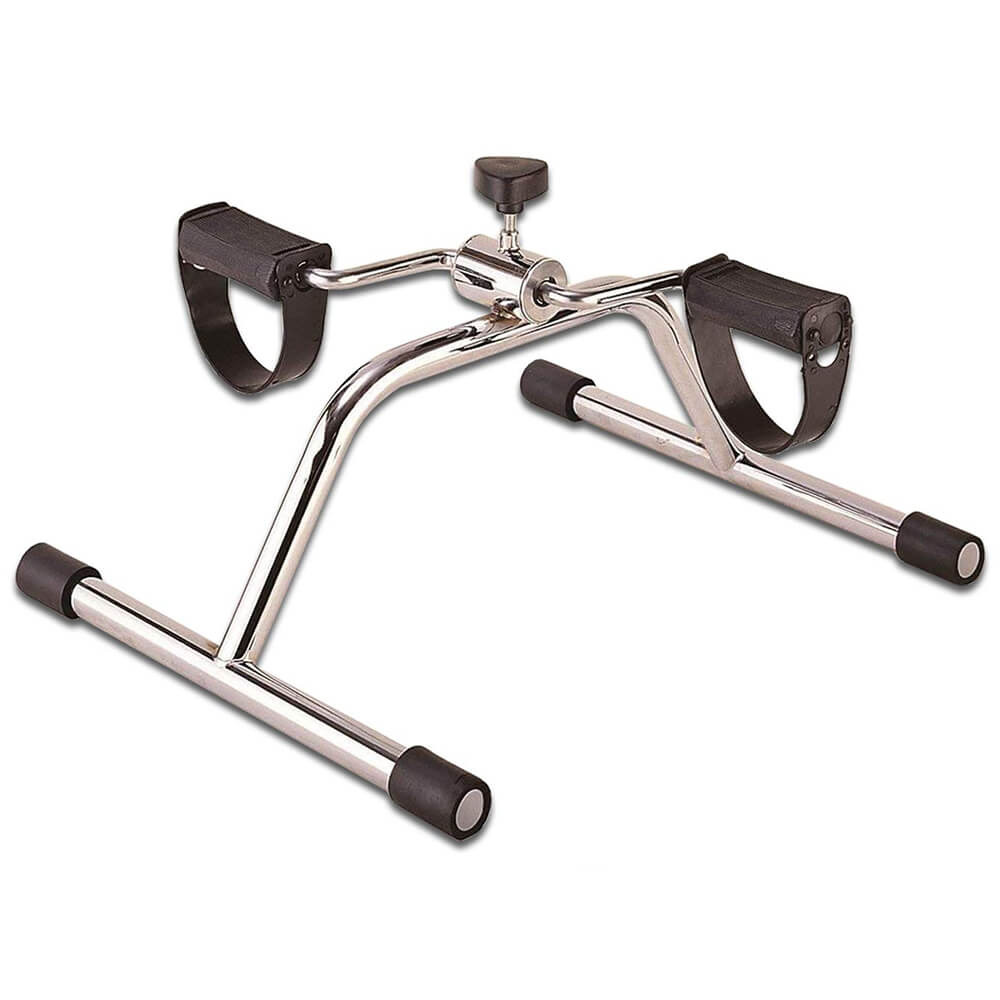
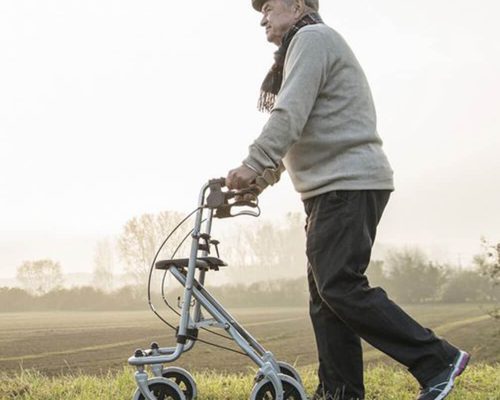
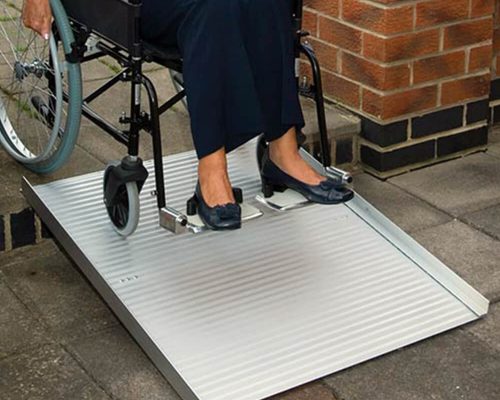
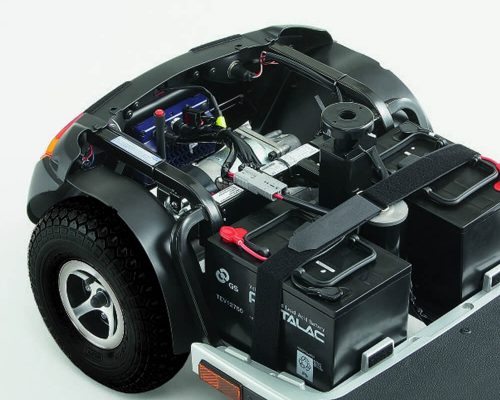
Add A Comment